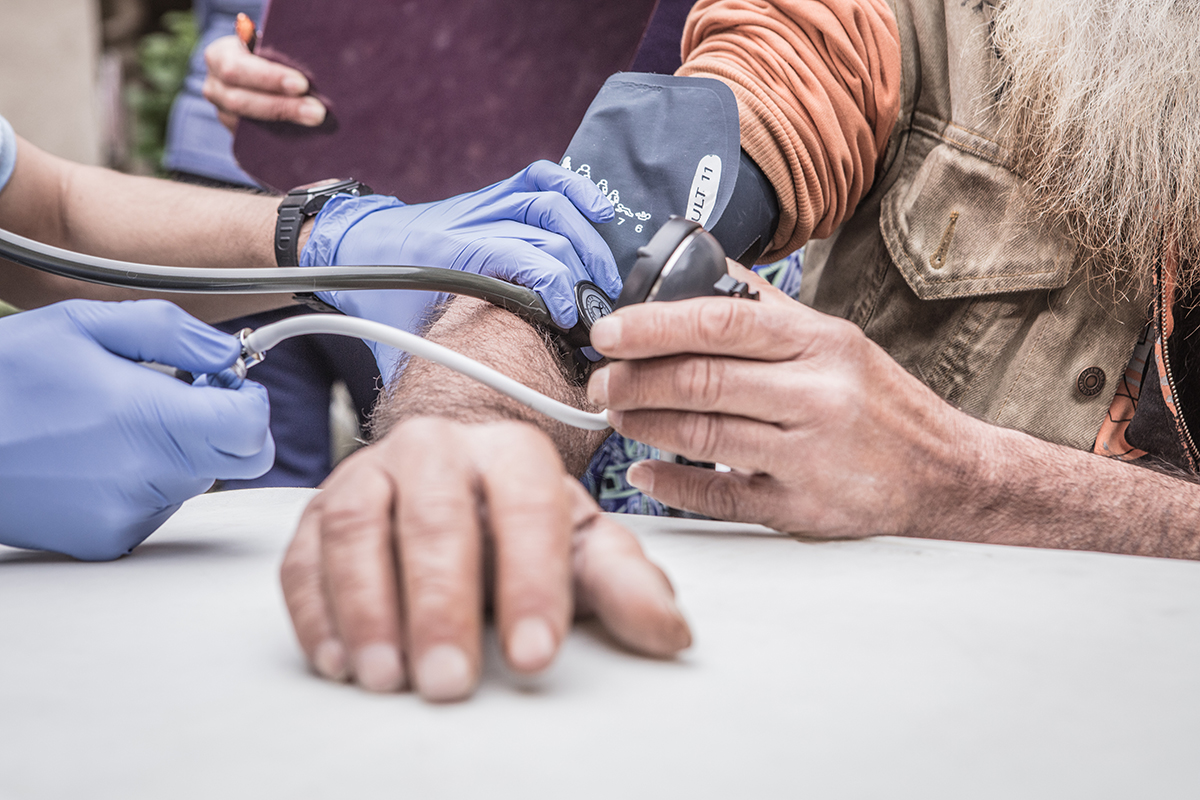Stroke Recovery: What You and Your Caregivers Can Expect After Returning Home
Apr 3, 2023

The road to full stroke recovery can be a long one. While the fastest period of progress occurs in the first three to four months after a stroke, you may see continued improvements over the nextone to two years.
During recovery, it’s normal to experience a number of physical, emotional and cognitive side effects. It’s essential for you and your caregivers to understand what to expect during stroke recovery.
Resources during recovery
Before returning home, your care team works with you and your caregivers to ensure you have adequate resources to continue recovering well after discharge. Depending on the extent of the stroke, many people stay in a rehabilitation facility for a short period after leaving the hospital. Once you return home, you may need:
- Adaptive equipment:An occupational therapist may recommend devices that help you perform your daily tasks independently or with little assistance.
- Home modifications:Many stroke survivors deal with balance problems or weakness during recovery. Your care team may recommend modifications to your environment to lower your risk of falling, such as removing rugs, moving cords out of walkways or installing grab bars or a shower seat.
- Medical equipment:Your social worker or case manager can help you figure out how and where to obtain any necessary medical equipment. They also help you understand your insurance coverage.
- Outpatient rehabilitation or home health support:You may continue physical therapy, speech therapy or occupational therapy in an outpatient setting. Or, you may have nurses or therapists visit you at home to continue recovery.
Every stroke patient’s journey is different, including their recovery and transition back home. Your care team is the best resource for helping you and your loved ones prepare.
Caregiving for a stroke survivor
If you have a loved one returning home after a stroke, you may feel uncertain about how to help them. And your loved one may not know what to ask for. Consider these tips for supporting a stroke survivor:
- Know how to minimize risks.After a loved one has a stroke, their chances of a second stroke increases. Eating nutritious meals, encouraging exercise and eliminating tobacco use in the household can all help lessen your loved one’s risk.
- Focus on doing thingswiththem notforthem.Instead of taking over a task, allow your loved one to do as much as they can on their own. Support them and assist as needed.
- Come from a place of encouragement.It’s common for a stroke survivor to feel frustrated when they can’t perform usual tasks on their own. Encourage them to take an active role in their daily activities, remaining as encouraging, hopeful and uplifting as possible.
- Keep track of their care.There are many practical ways that you can support your loved one’s recovery. Helping to keep track of their medications, taking measures to prevent falls and learning about their insurance coverage are just a few of the ways that caregivers provide substantial support.
- Tap in to the rehabilitation team.Attend a few outpatient or home therapy sessions with your loved one, so you understand what they’re working on and where they’re at in their recovery. You can also ask the therapist for advice about how you can best provide support in between therapy sessions.
- Watch for signs of depression.Nearlyone-thirdof stroke survivors develop depression, or feelings of hopelessness that interfere with their overall function. Contact your loved one’s healthcare provider right away if you spot anysigns of depressionso they can get timely treatment.
- Take care of yourself.Caregiving after a stroke is a huge task, and it’s important not to minimize how challenging or overwhelming it can be. In fact, being a caregiver puts you at a higher risk of burnout, depression and emotional challenges, a condition known as caregiver stress syndrome. Ask for help, take breaks and join acaregiver support group, if possible. Caring for yourself isn’t selfish—it strengthens you to continue providing the crucial support your loved one needs.
Related articles

The Gut-Brain Connection: How Your Mental Health Affects Your Gut Health
February 6, 2024

A to Zzz: Easing Into a Time Change
March 1, 2024

Family Medicine Residency Expands Care Access for Underserved Populations
June 17, 2024